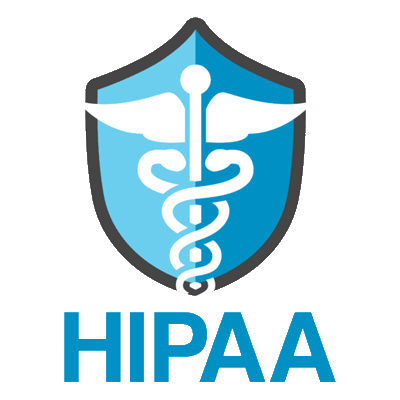AI-Powered Biosensing for Health,
Sleep & Longevity
Some mornings we pop out of bed, and others we lie in bed – Why?

Some mornings we easily pop out of bed, and others, we lie in bed – Why?
A large Fullpower-AI study shows that our nightly heart rate deviations from typical correlate with how long we spend in bed after waking in the morning. This analyses study is 370,000+ nights of sleep.
We know from our past research that several factors can influence a person’s sleep (alcohol consumption, sickness, stress) and that these factors often manifest as a change in heart rate. In this study, we consider continuous heart rate as a proxy for a good night’s sleep. The assumption is that if the sleeper’s heart rate is elevated or reduced from typical, it might suggest some sleep disruption.
The plots show a user’s time in bed after waking (blue) and sleep quality index (red) on a given night vs. the number of standard deviations from the mean of a user’s heart rate.




